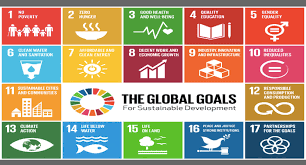Peer review versus student evaluation
Being an academic is more then just walking into a classroom to teach and share your experience. There are other processes involved to ensure that what you are saying is understood and measured at the end of the day. One needs to have the right skill set and temperament to survive in academia. For example, you have to grow a thick skin if you are working for an academic institution which conducts anonymous student evaluation every semester. Some feedback from students will challenge greatly your integrity and academic credibility. Students demand quality since they pay so much to access the services and programs an institution offers. This makes what they say on their evaluation forms very important in the quality process. This is imperative since we are trying to move from a teacher centered to a student centered learning style. The student learning experience and understanding of what the particular academic is doing in the unit is a pivotal part of the shift. In our discussion

